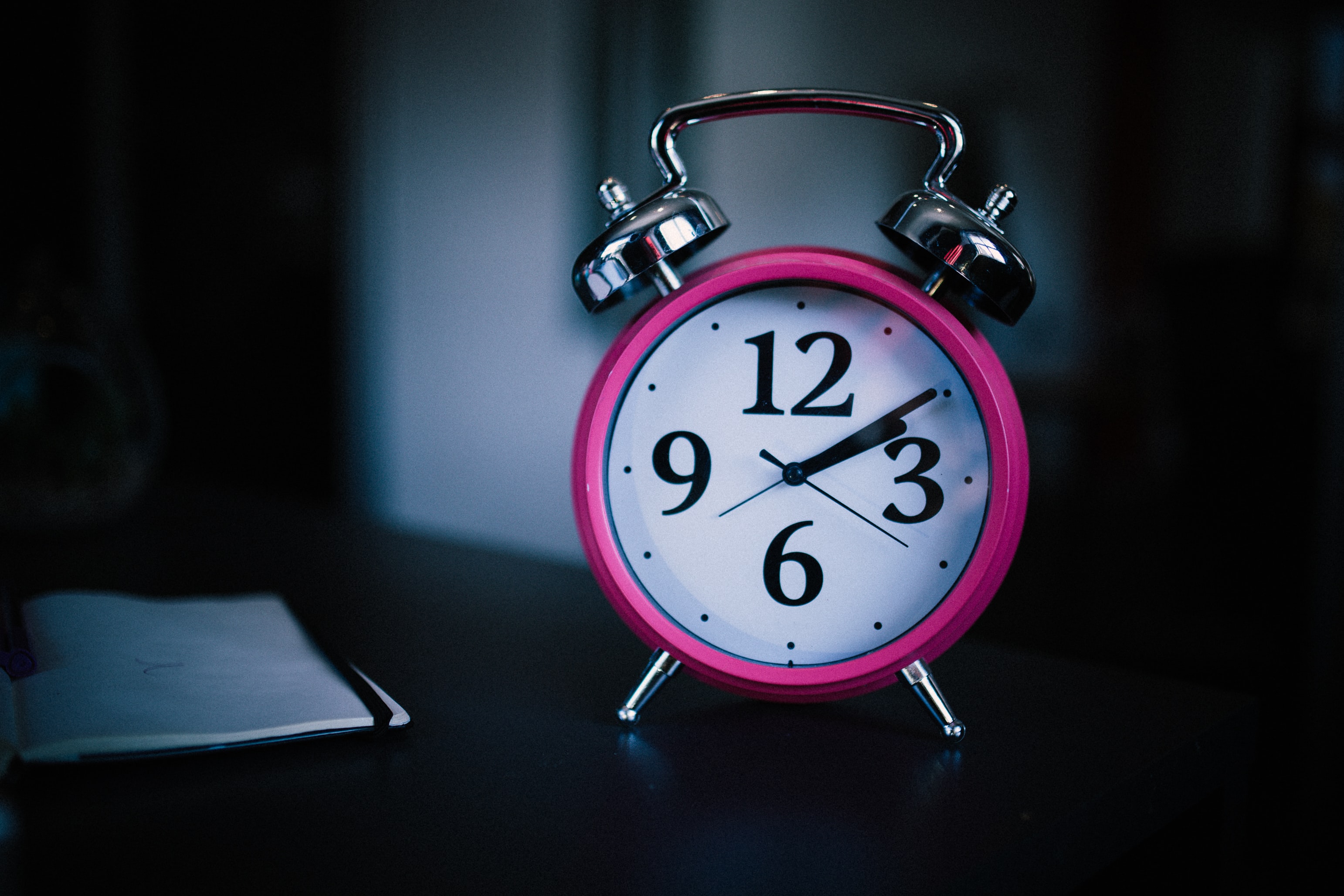
Today is world sleep day (what even is sleep with a newborn?!) and Lucy Shrimpton sleep expert and founder of The Sleep Nanny has kindly shared her top tips for a restful nights sleep during the pandemic.
Recent research from Silentnight’s Safe Nights Collection revealed that the average mum or dad loses 6.2 hours of sleep per week due to their baby – that’s a whopping 13 days a year.
So here are Lucy’s top pieces of advice to help sleep deprived families get back to a happier and healthier life, even during the most strange of times.
For Babies and toddlers
- The most important thing for babies and toddlers is consistency. Get them into a regular, consistent bedtime routine, at the same time and place each evening. You can start this from as early as two to three weeks.
- Create an environment for your baby that is dark, calm and quiet. Make sure there are no busy mobiles above the cot and if your baby is sleeping in your room, no electronic devices on.
- If your toddler wakes up early, don’t be tempted to put them to bed later. The number one reason why toddlers wake up early is over-tiredness so a period of early nights should remedy this.
- Keep your nap times consistent during the day. And sustain these naps until they are around three and a half or four years old. Little children with really alert temperaments will appear not to need need (or want!) these naps but they actually need it more and for longer than their more laid back peers. Children over three and above who are sleeping a sold 12 hours a night probably won’t need a nap.
- Pick up put down – if your baby seems to be fussing in their own sleep space, go in, pick them up, calm them and put them back down again, giving them the chance to adjust to their own sleep space.
- If you are really struggling to get your baby to sleep and sustain a regular sleep pattern then get help from a professional sleep nanny. There is really no need to suffer and you are jeopardising your and your family’s health and wellbeing. And with online zoom calls, it’s easier than ever to get that help.
For Adults
- Try to keep a relaxing bedroom environment. Warm lighting, candles, soothing music will make your bedroom your retreat to escape the world and unwind in.
- Try not to work in your bedroom if you can by setting up a desk in another part of the house while working from home. Or, if you don’t have a choice because space is limited try to transform your work desk so that it looks completely different when you’re not on allocated work time. Put your computer and paper work out of sight and make something else in the room the key focal point so that you’re not reminded of work just as you’re trying to drift off to sleep.
- As hard as it might be, especially for those who use your phone as your alarm clock, try to limit your screen time for at least an hour before you want to sleep. The blue light prevents the production of melatonin, the hormone that controls sleep, keeping you awake for longer.
- Try not to eat dinner too late, and avoid sugary foods or caffeine for at least three hours before bed. Foods containing high levels of tryptophan like bananas, green leafy vegetables, eggs and dairy combined with some fibre filled carbohydrates are the best combination to promote healthy sleepiness.
- Keeping a notepad close by or even beside your bed is a great idea for those with a busy mind. You can unload your thoughts, ideas and ‘to dos’ by brain dumping these onto a page and allowing your mind to let go and relax.
- Find a good book to read before bed that’ll help tire your eyes out and take you to another world.
For Children
I’ve seen a lot of exhausted parents with little ones who now struggle to settle at bedtime, or wake multiple times in the night with no way of getting back to sleep.
- My top piece of advice is get into a consistent bedtime routine – the cue and rhythm of which will help them settle. A consistent bedtime for children up to the age of eight should be between 6pm and 8pm.
- Avoid over tiredness – it’s the root of all sleep problems.
- Be aware of what your child is picking up and hearing – conversations you might have with other adults, on the phone, the TV or radio. When they pick up tensions or certain words it can cause anxiety.
- Talk honestly and openly with your child if they want to discuss the changes going on in the world and let them share their worries with you. While you’ve probably not got the remedy to the problem, talking about their feelings will help allay some of their anxieties and bring you closer together.
- Be utterly consistent – so if they wake up don’t let them crawl into your bed one night and not expect them to want to another. Consistency is key.
- Like with adults, avoid screen time for at least an hour before bedtime.
- Similarly, make sure your children avoid sugar or caffeine that can cause a temporary surge of alertness that will hinder sleep.
Lucy Shrimpton is a sleep expert and founder of The Sleep Nanny®. Her team of sleep consultants based across the UK and around the world help parents and caregivers of babies and young children to overcome the challenges with childhood sleep so that they can be healthy and happy and enjoy these precious years.